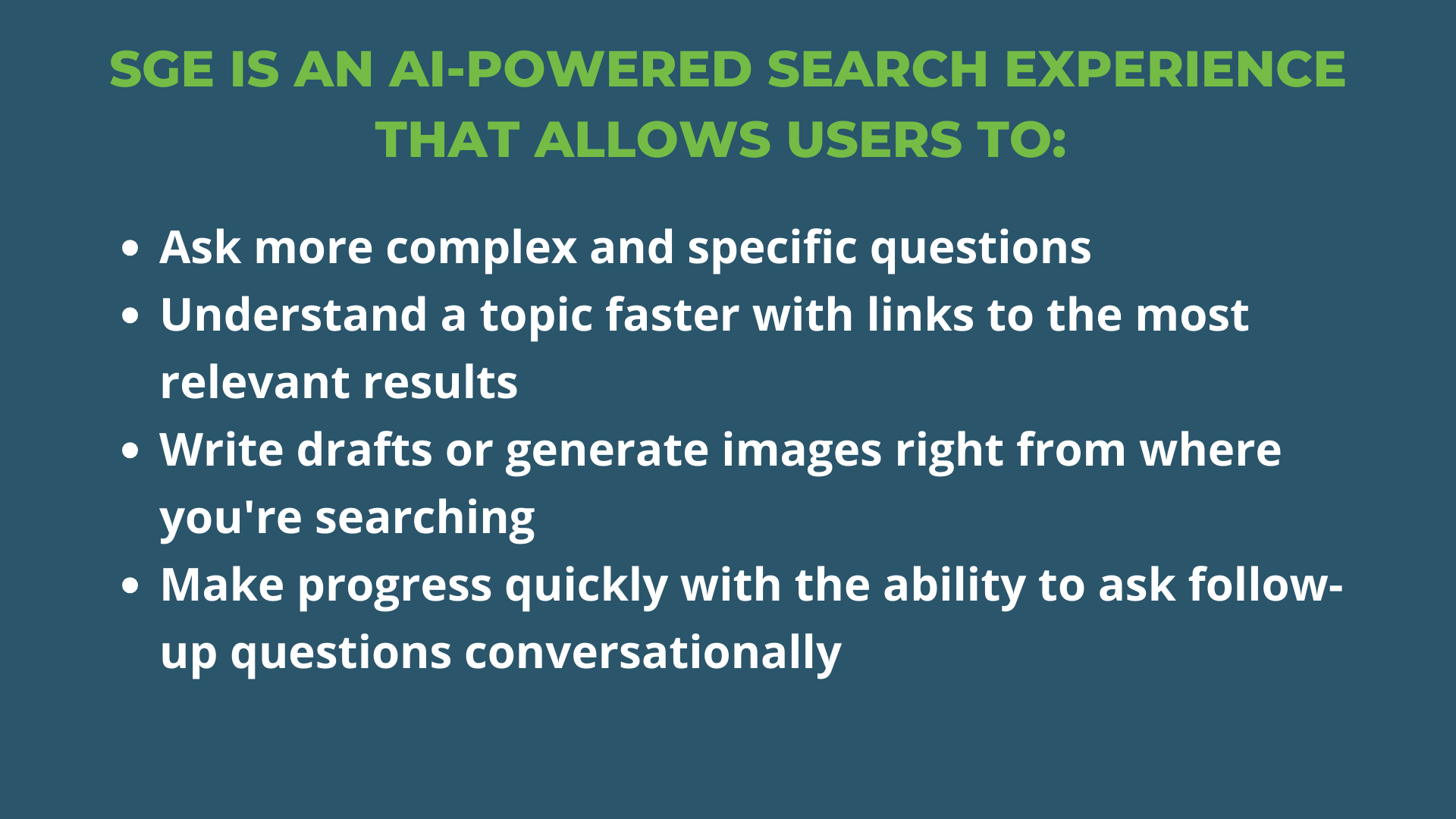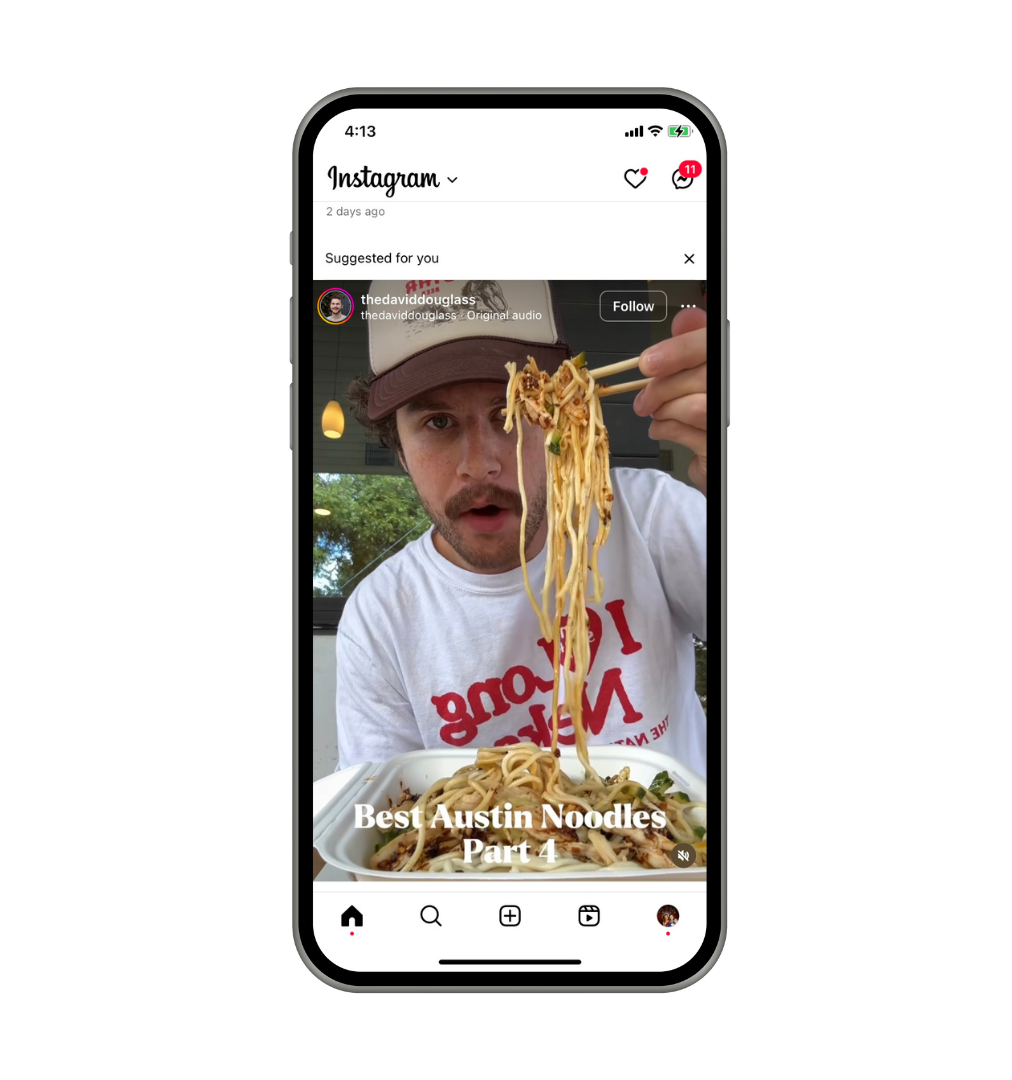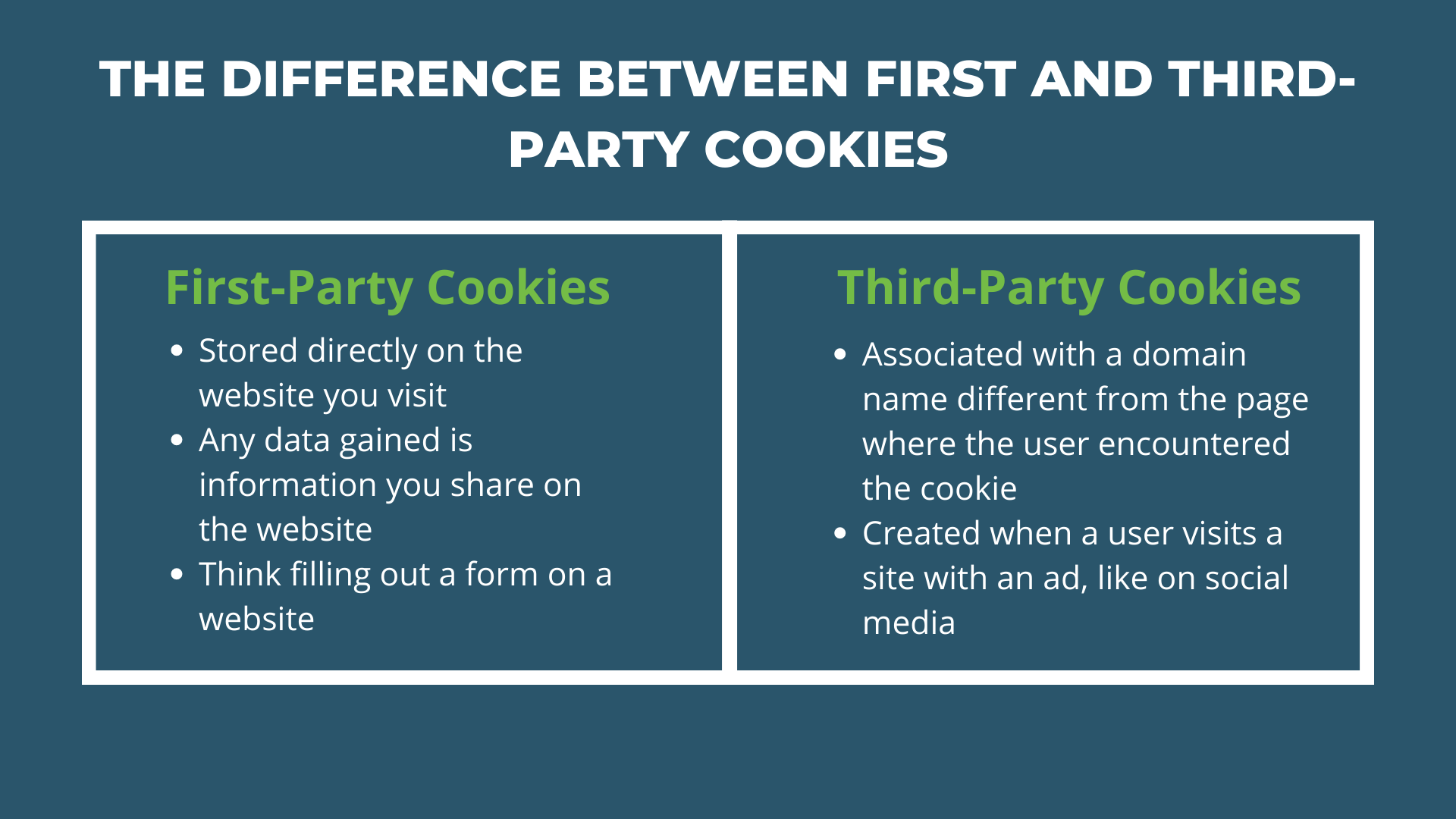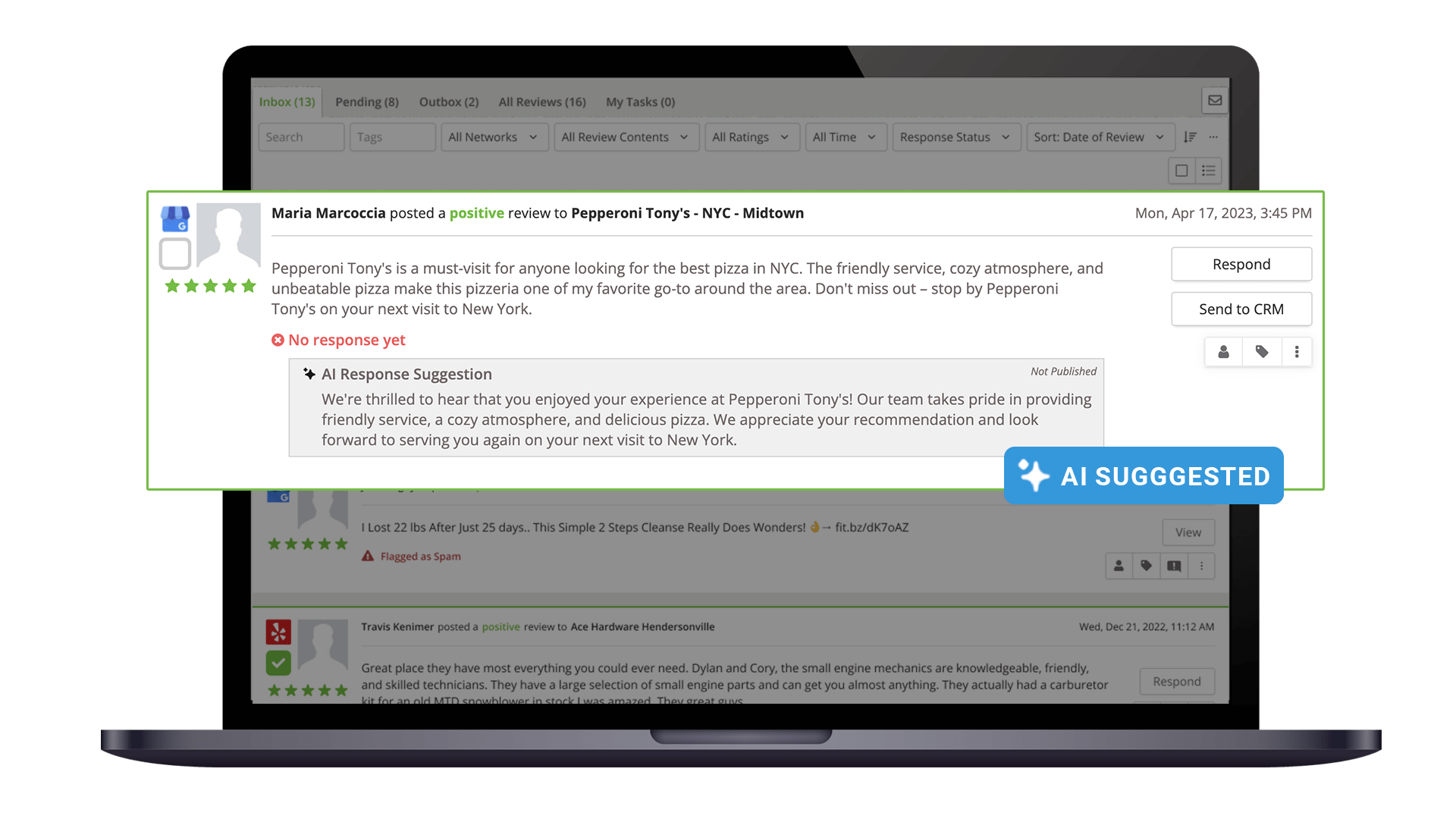Local Memo: Google Search Labs Experiment to Bring Live Leads to Auto Shops & Nail Salons
The Biggest Challenges Multi-Location Brands Will Face in 2024

The Biggest Challenges Multi-Location Brands Will Face in 2024
It's hard to believe, but 2024 is right around the corner. As a marketer, planning for the new year is likely on your radar. From what to expect regarding artificial intelligence (AI) to understanding potential developments in search and social, there's a lot to consider. That's where this blog comes in! At SOCi, we realize that it’s challenging to keep a pulse on the latest in digital marketing, especially for multi-location brands managing 100s to 1,000s of business locations. To help, we held a recent webinar “What’s Next in 2024: Top Multi-Location Marketing Trends” with Clicks 2 Bricks host Rob Reed and SOCi Director of Market Insights Damian Rollison. SOCi Enterprise Solutions Director, Bobby Ferla, moderated the webinar. All three discussed what’s on the horizon for multi-location marketers. We’ll break down the top findings from the conversation and share other insights we gathered from sitting down with Rollison himself. Let's get into it!1. Local Search Will Change With the Development of AI
One of the most highly anticipated changes that should be on your radar for 2024 is a new spin on local search. Some of the changes are already happening. Take Google's Search Generative Experience (SGE).
- A different algorithm for ranking organic and local results, perhaps favoring granular content matched to queries (relevance) over proximity and other factors?
- An evolution away from the 3-Pack?
- More prominence granted to certain third-party sources, possibly helping Google to avoid anti competitive accusations
2. Meta Will Bring Changes to Social With Meta AI
As you'd expect, advancements in AI will also bring changes to social media. With Facebook still being the most popular social media platform and Meta also owning Instagram and Messenger, it's essential to keep an eye on what they're planning for 2024. Meta has already started rolling out some ways for marketers to use AI within the platform, and this will only continue to build next year. For instance, Meta AI is a chatbot assistant now in beta testing. According to Meta, Meta AI is "an assistant you can chat with 1-on-1 or message in group chats. It can make recommendations in a pinch, make you laugh when you need a good joke, settle a debate in a group chat, and generally be there to answer questions or teach you something new."
3. AI Growth Brings a Need to Streamline Processes and Consolidate Your MarTech
As marketers adopt AI and incorporate AI into their marketing strategies, new challenges will arise. For instance, if you're not using a marketing technology (MarTech) tool that is adept at AI and can navigate the AI transformation journey, you may risk falling behind competitors using technology that does. Similarly, suppose you're using several MarTech tools to execute different aspects of your marketing efforts with AI. In that case, they're likely unable to cross-reference each other to build and improve. For example, if you're using one tool with AI technology to monitor reviews and another to draft review responses, they should be able to communicate. Additionally, if you're using a chatbot tool that includes AI, wouldn't it be nice for the voice and tone used in the chatbot to extend over to social media or review responses? Are there tools you can consolidate to make this cross-communication process easier? It's important to evaluate vendors based on their expertise, support services, and the ability to integrate AI solutions seamlessly into existing marketing workflows. Often, consolidation can make your marketing team much more efficient, and it’s crucial to consider going into 2024. For more help on choosing the right MarTech solution for your multi-location brand, download our CMO’s Planning Guide to Navigating AI Transformation in 2024.4. People are Writing Less Reviews, Turning to Social
Another metric to watch in 2024 is your reputation management and the volume of reviews across business locations. Data from our 2023 Local Visibility Index, previously known as the Localized Marketing Benchmark Report, found that, on average, consumers are writing fewer reviews — down from an average of 224 in 2022 to 179 in 2023 on Google Business Profiles. Reviews can provide your business with insightful information about how consumers are experiencing your brand. They highlight positive and negative interactions, giving your business an inside look into the minds of consumers. However, if reviews are decreasing, what does this mean for your business? First and foremost, the decline of reviews further emphasizes the need for your brand to respond to the reviews it receives. We found that 87% of consumers are willing to change a negative review, depending on how the business responds. Additionally, data from our State of Google Reviews research report revealed that for every 25% of reviews responded to, the conversion of Google profiles improves by 4.1%. The need to respond to reviews doesn't diminish, even if review volume does. What this may lead to is the need for your business to rethink some of the ways it promotes its products and services. For example, instead of leaving a review, many consumers will turn to social media to discuss their thoughts on a product or service. Think about all of the videos you see on TikTok or Instagram where someone is reviewing a product.
5. Third Party Cookies Will Continue to Disappear
Finally, it's worth mentioning that third-party cookies will continue to disappear in 2024. Google recently released a timeline for the phasing out of third-party cookie support in Chrome. Third-party cookies will be disabled for 1% of Chrome users globally starting in early 2024, with a complete phase-out scheduled for completion by the end of Q3 in the same year. Before we dive deeper, let's quickly review the difference between first and third-party cookies.
- Familiarize yourself further with third-party cookies and online advertising
- Audit your cookie usage now and make necessary changes.
- Consider alternative ways your brand can get information typically gained through third-party cookies.
Get Ahead on Your 2024 Goals
2024 will be a year full of changes and advancements for marketers. Do yourself a favor and prepare for the new year immediately. While some of the challenges mentioned in this blog may seem daunting, SOCi is here to help every step of the way! Not only will we help you navigate the latest changes in digital marketing, but we also have a tool to help execute a winning localized marketing strategy. SOCi is the CoMarketing Cloud for multi-location enterprises and provides one central place to scale and automate your marketing efforts. From managing local listings to local social media efforts to reputation management including surveys and beyond, SOCi has you covered. We also support the development of AI through SOCi Genius, an automation layer that we're adding to our tools to help make marketers' lives easier. For instance, Genius Reviews, which utilizes OpenAI's GPT-4 technology to create unique, authentic review responses at scale, helps brands deliver personalized messages to clients more efficiently while maintaining a consistent brand voice.









